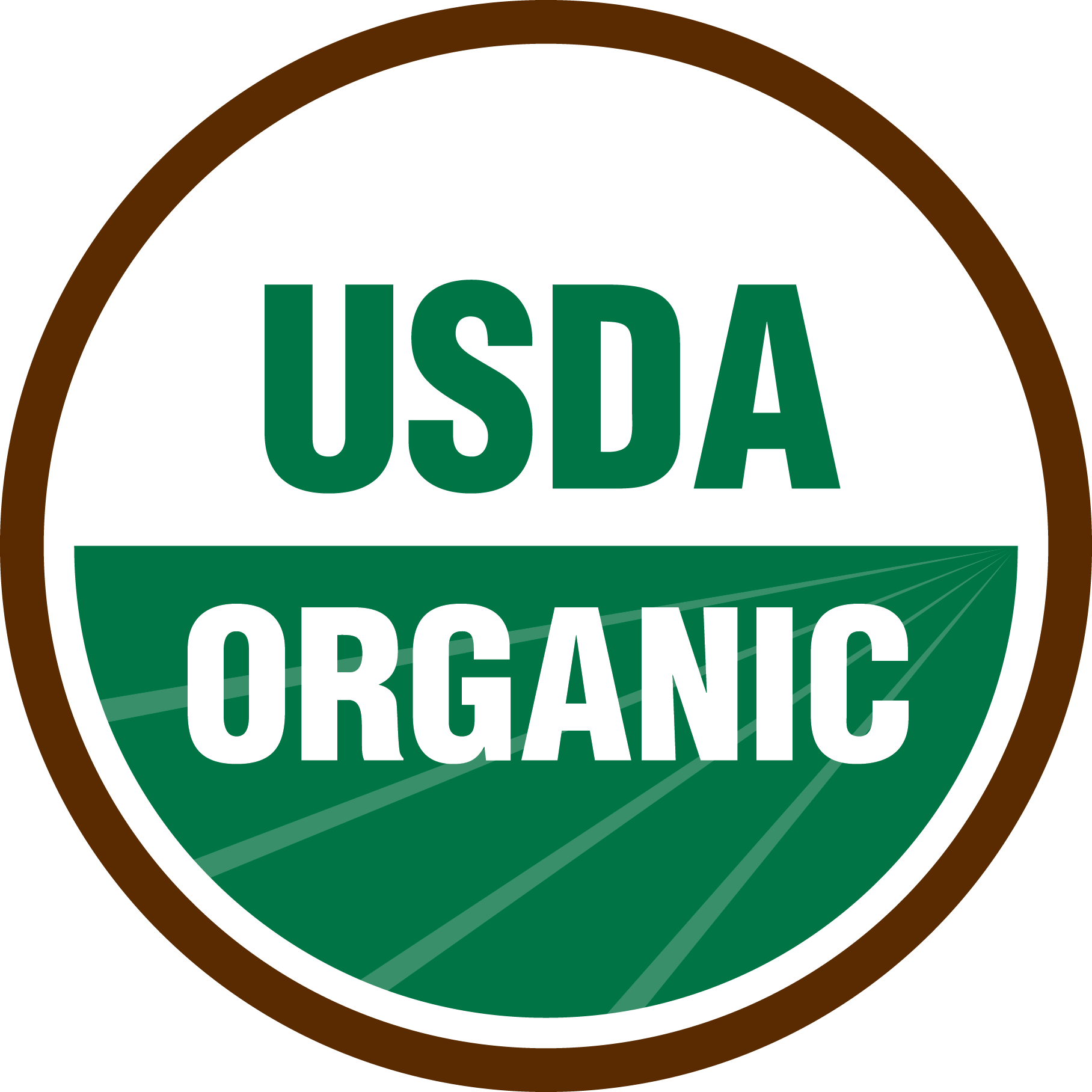As consumers are becoming more educated and interested in transparency, many brands are using terms like natural, organic, and clean in their marketing materials. Today, I'd like to discuss what these terms mean and what to look out for as a consumer.
Chemical-Free
One claim that makes cosmetic chemists especially irate is "chemical-free" or "contains no chemicals." This is complete nonsense because every cosmetic ingredient is a chemical. The word "chemical" has a bad connotation but it really should not. Everything on earth is made of chemicals. Even if the bottle of product is empty, the air it contains is made up of chemicals (such as nitrogen and oxygen gas). Don't be afraid of chemicals!
Natural
In short, "natural" has no clear meaning. There is no legal definition. Natural is meant to describe an ingredient's source, but it can be quite complicated to define since all ingredients must be processed in some way. Additionally, just because something is natural does not mean it is safe to be used in skincare products.
There are a few groups that seek to define natural for the personal care market. They generally define natural ingredients as those that are derived directly from natural sources using minimal processing and maintaining the chemical structure found in nature. Each standard has its own specific requirements.
Natural Products Association (NPA) The NPA audits product formulas against their Natural Standard. Products that pass the review are certified and may print the NPA seal on their packaging. Products must be at least 95% natural, water is not included in the calculation, and synthetic ingredients must be specifically allowed.

Ecocert COSMOS The Ecocert COSMetic Organic Standard (COSMOS) standard is similar to the NPA in that they will review submissions and provide certification. Products that pass the audit may print the COSMOS seal on their product packaging and marketing materials. This certification is recognized internationally.

Retailers - Some retailers publish their own lists of banned ingredients for products sold in their stores. Notable examples include Whole Foods and Clean at Sephora.
Organic
If you're a chemist, organic is a chemistry term meaning carbon-containing. Pure carbon compounds include graphite and diamonds, but all living creatures contain carbon. If your cosmetic brand was to use this definition of organic, you would upset wellness advocates because it includes the vast majority of cosmetic ingredients, even those derived from petroleum.
The definition of organic that cosmetic brands reference is "certified organic." This is an agricultural term and refers to the way a plant is grown and processed. In 2001, Congress established the Natural Organic Program (NOP) which allows the United States Department of Agriculture (USDA) to regulate labeling according to a legal definition of organic. The process is similar to what was described above for the NPA and COSMOS. The USDA works with private companies to review products and provide certification. The USDA Organic logo indicates that the product is certified to have at least 95% organic ingredients. Products that do not meet the threshold cannot use the USDA logo, but the FDA allows "certified organic" to appear in ingredient names on the label for specific ingredients.

Clean
The newest term being used in the industry is "clean." This label is even less clear than natural and organic. It's more nebulous than the source of the ingredient or the agricultural methods used. In general, clean brands claim to consider the impact to human health and environmental health in their formulas. Clean is often used as a synonym to "non-toxic" or "free-of" a laundry list of ingredients. Brands typically call out which specific ingredients they avoid. These lists commonly include fragrances, parabens, petroleum-derived ingredients, and silica. For example Drunk Elephant has a "suspicious six" and Beautycounter has a "never list."
Beware of Greenwashing
The term greenwashing refers to the act of trying to pass off products as eco-friendly through misleading claims. As a consumer, it's important to be aware that brands may be trying to make themselves seem more environmentally-conscious than they actually are. Some examples include "free-of" claims, highlighting the absence of ingredients that are banned by law, or claiming a package is recyclable when it is actually made of multiple materials that cannot be separated for recycling.
With the exception of "certified organic," the terms natural, organic, and clean have no legal definition and no clear standard. Be aware that companies are using these terms without regulation. Many brands and retailers publish their own lists of ingredients they do not use or their own philosophy on raw material sourcing. Use these as a guide if you want additional information. If a product has a seal on the package from the NPA, Ecocert, or the USDA, you can trust that it has been audited. Additionally, certain retailers commit to restricting the products they stock in their stores or are implementing their own labeling systems to inform consumers.
I hope today's post has taught you to be wary of claims using language that is unsubstantiated. And remember, comprehensive sustainability and environmental impact should be considered from cradle to grave - from the impact of harvesting the raw material feedstock, to the working conditions of those doing the harvesting and processing, all the way to the disposal of the packaging and the impact of the product as it washes down the drain. Brands that truly care about sustainability will share information on the entire lifecycle of their products and will not hide behind buzzwords.
